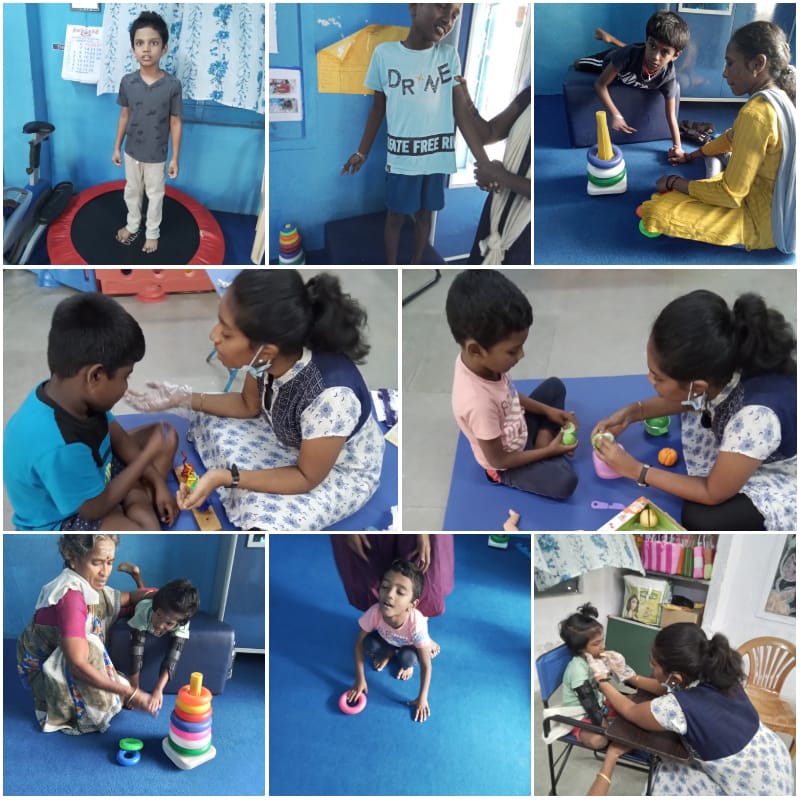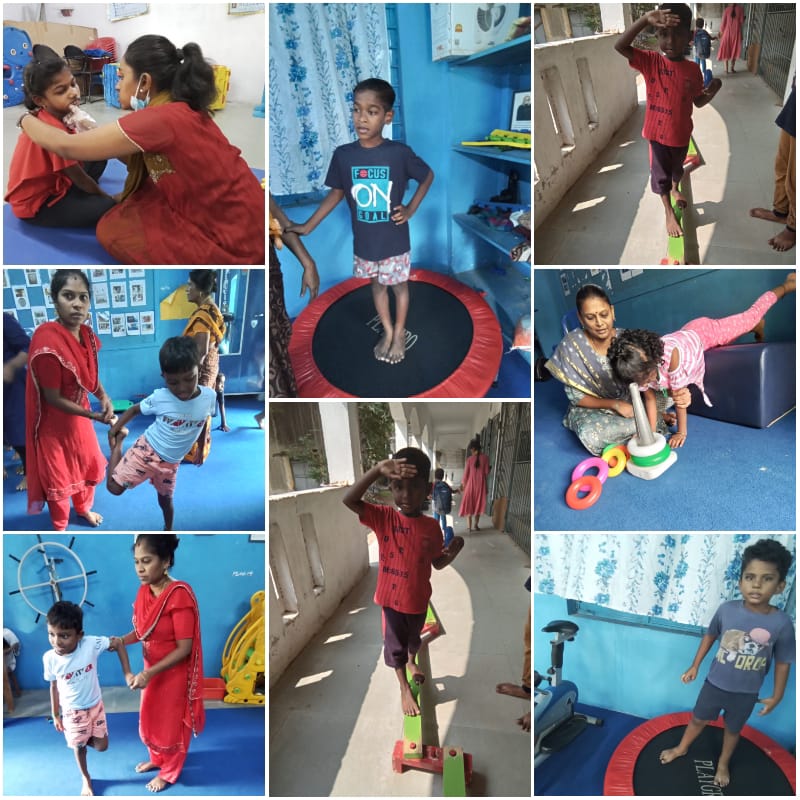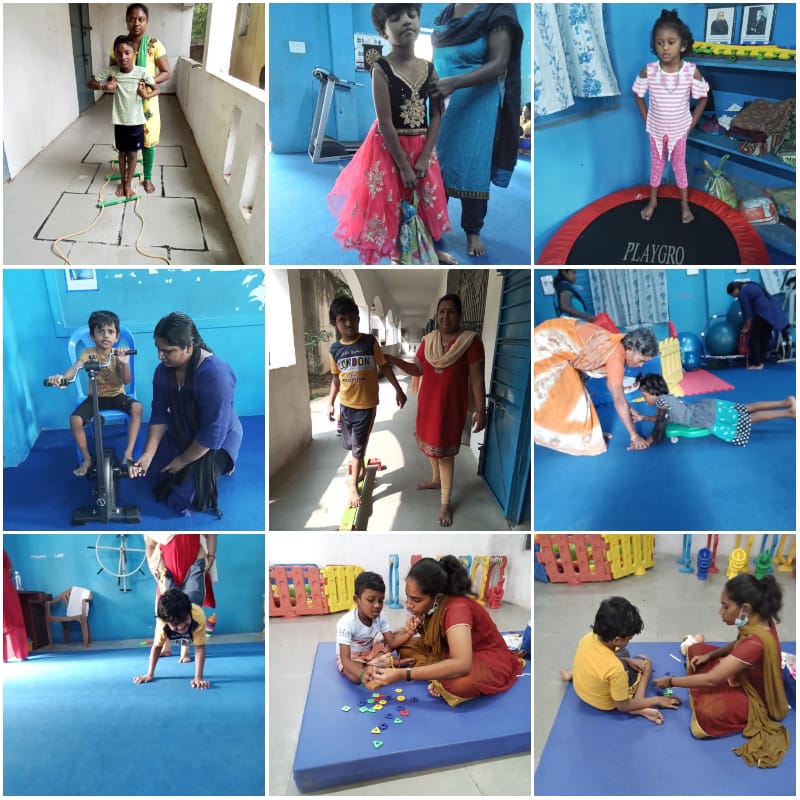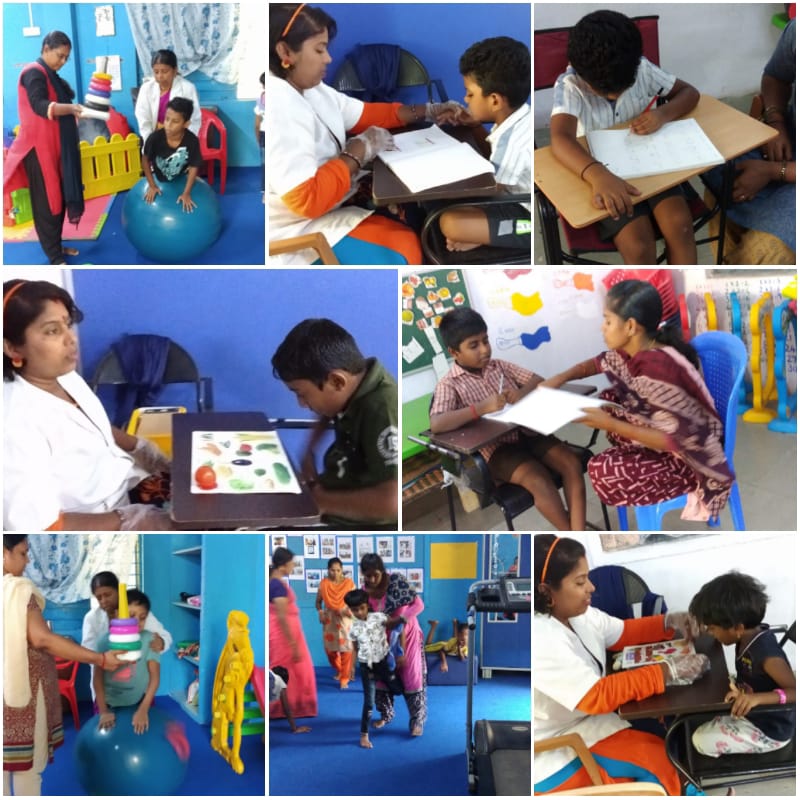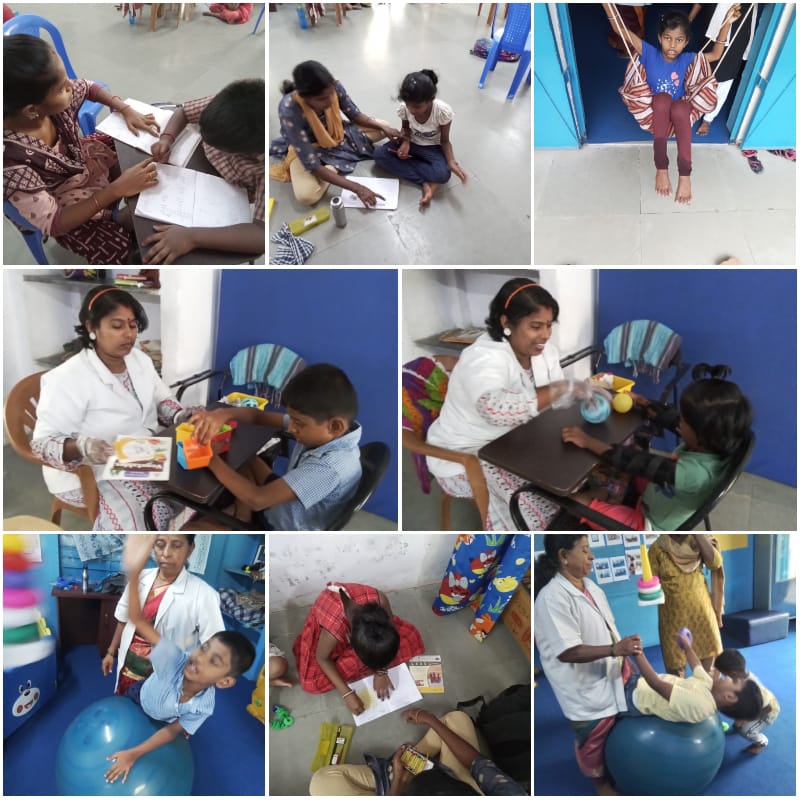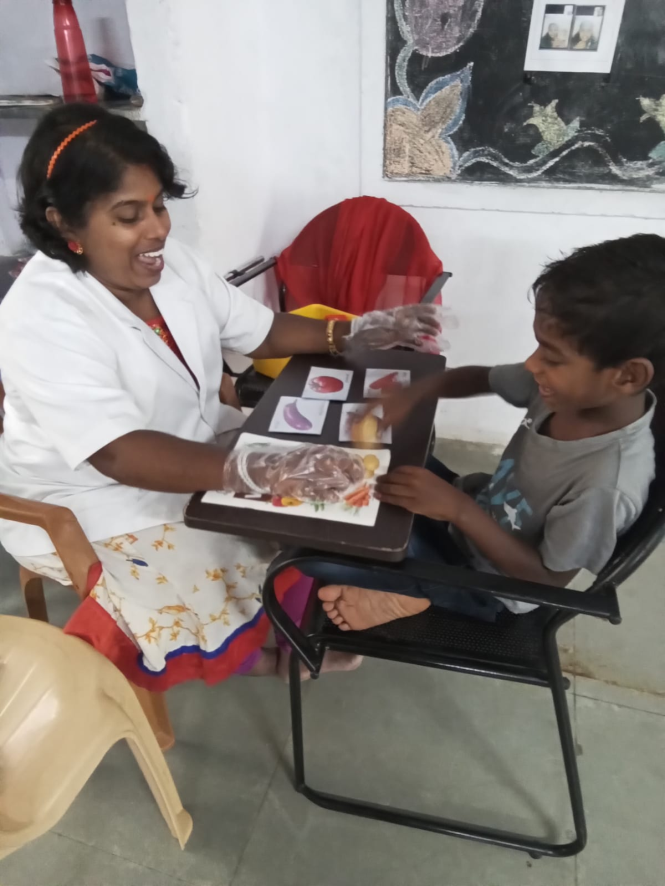Introduction
Special Needs Children learn fastest during their first three years, and crucial development continues to occur during the early grades of school. By having their special needs recognized earlier, children can receive the accommodations to learn at their best. Intervention is “more likely to be effective when it is provided earlier in life”.
Early childhood struggles can affect parents and siblings as well. The Therapeutic Early Intervention Services notes that families often encounter “frustration, stress, disappointment, and helplessness” when trying to understand and deal with learning disabilities and other special needs, particularly if those issues remain unaddressed. Engaging with early intervention services sooner gives the entire family the tools and understanding to help children with their learning needs. As parents better understand their children’s difficulties, these steps can also help them feel more empowered to assist in their child’s education.
Develops Collective Understanding
Beyond academics, early intervention services also set children up for improved social success in schools. Emotional Intelligence (EI) helps kids with special needs better connect and respond to those around them and gives them the confidence to understand their own needs, which are both important elements for good social relationships.
Types of Special Needs
While early intervention begins in a child’s first three years, the process of identification carries into a child’s K-12 school career as well.
Disabilities and disability categories to be aware of include:
- Specific learning disability (SLD), such as difficulties in reading (dyslexia), math (dyscalculia), and writing (dysgraphia)
- Speech or language impairment (SLP), such as stuttering, pronunciation, or other measurable language issues
- Other health impairments (OHI), such as ADHD, diabetes, or epilepsy
- Autism spectrum disorder (ASD), or autism
- Cognitive issues surfacing as poor communication, inadequate self-care, and a lack of social skills
- Emotional disturbance (ED), such as anxiety disorder, schizophrenia, bipolar disorder, and depression
Treating Earlier the Better
Early diagnosis and treatment for developmental delays increases the chances of improvement rather than simply “waiting it out” and treating problems later & can prevent potential problems with behavior, learning, reading, and social interaction.
Why Early Intervention is Important for Students With Exceptionalities
When addressing any issue, educators must do so early. The same is true for special learning needs in students. Early intervention is a series of skills designed to offer support to children/students with different special needs at the earliest possible opportunity.
Intervention in education is an ongoing process, and teachers/special educators/therapists are always looking to identify potential issues and ensure that the special needs children/adults are learning well. The most important thing is improving the classroom/learning environment to provide a better learning experience for the special needs children.
What to Watch
Signs of learning disabilities and special needs can manifest in a variety of ways, affecting physical skills, social skills, communication, problem-solving, and cognition, as well as self-help activities like dressing oneself. Specific, noticeable difficulties in any of these areas could signify more substantial issues.
Educational Interventions
Educational interventions is given in order to reduce stigma toward Intellectually Disabled individuals and foster positive attitudes towards them and those who are mentally ill are based on several levels of education. Early Intervention if given at an appropriate and stable level, and repeated as required, will produce changes that can be sustained. In addition, educational interventions must target specific populations, bearing in mind their age, gender, ethnic composition, primary language, educational attainments, social class, etc.
Special Needs Children should receive extensive education that their knowledge & behaviors towards the disabilities change & that will help to decrease fear & exclusion, and increase levels of social contact in the experimental area.
The educational programs must be paced slowly and in a sustainable manner. The patients and their careers must be involved in planning these interventions without turning the whole exercise into a circus.
The early Intervention program aimed at improving attitudes will, in the long run, influence resource allocation into mental health, improve recruitment, and move toward acceptance of community care. Such interventions can reduce fear, make expectations more realistic, and prevent attitudes from hardening.
Benefits of Early Intervention
(1). Provide resources, support, and information
Early intervention provides parents with resources, support, and information to enhance their child’s communication, learning & social skills. Working together with a provider trained in early childhood enables parents to feel confident that they are facilitating their child’s development.
(2). Improve relationships
When communication and language are delayed, understanding and interacting with other children will also be delayed. This makes it difficult to develop friendships, solve problems and learn to negotiate conflicts. Through early intervention, children learn how to use language to convey messages, express feelings, and interact with their friends.
(3). Improve behavior
Children with delayed communication development may get frustrated and exhibit challenging behaviors to compensate for their delays. It is difficult to express wants and needs when communication is delayed, so often a physical response such as biting or hitting takes its place. The intervention will provide support and strategies to facilitate the special child’s communication needs.
(4). Promote future success in school
Communication development sets the stage for literacy and influences later success in school. There is evidence suggesting that having a good command of language goes hand-in-hand with the ability to imagine and to create new ideas and, eventually, to read and write.
(5). Make learning fun
Early intervention will help families add support into everyday activities that they do with their child. This provides lots of opportunities for children to learn — not only when playing but also when getting dressed, brushing teeth, preparing meals, eating, bathing, helping with family chores, getting ready for bed, and lots of other activities. The intervention also brings the family a greater understanding of their child’s needs and how to break learning down into small steps for their child. When children know what they are expected to do and can be successful, they have fun learning in almost any activity and want to learn more. Though some children who are late in communicating outgrow this delay, it is important to remember many need help to be able to communicate as expected for their age.
